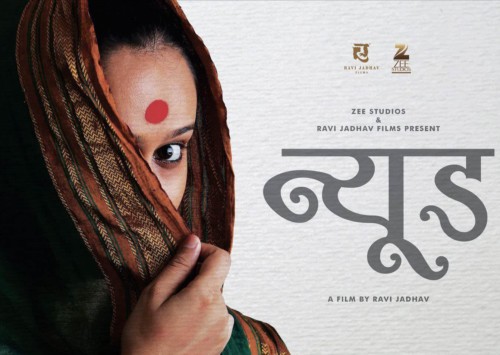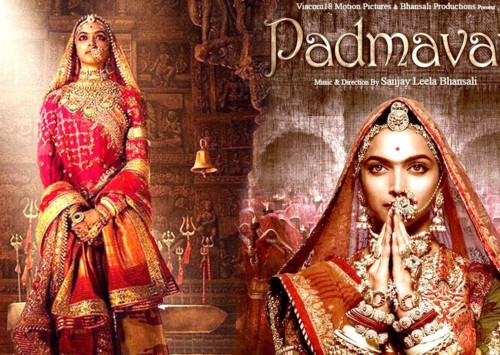An Indian woman’s case of ‘indoctrination’

Hadiya Shafin’s case has drawn several reactions in the country, but until today, she didn’t get the opportunity to speak openly
After a 25-year-old woman’s custody was handed over to her father in India, the Supreme Court (SC) hears on her marriage and autonomy.
In India, as the game of identity politics gains ground, a woman’s voice finds itself silenced among several others. Hadiya Shafin, earlier known as Akhila Ashokan has been battling courts for almost two years now and has recently come to be widely discussed as the case relating to what has been called ‘Love Jihad’. Hadiya – who had been studying homeopathy, had converted to Islam and had later married Shafin Jahan – was opposed on both her actions by her father. Contested legally by her father for both her choices, the first case was dismissed while her marriage was annulled earlier this year by the Kerala High Court, who awarded ‘custody’ of the adult woman over to her father. As of now, the case is being produced in India’s apex court, after Hadiya’s husband challenged the earlier order. Here, questions over the woman’s consent and basis of the allegations are being explored.
The marriage, was opposed as it was allegedly linked to what nationalist groups term an emerging pattern of ‘vulnerable Hindu women’ being made to convert to Islam by Muslim men, who are ‘terrorists linked to organisations such as ISIS’. This alleged pattern was being investigated by the National Investigative Agency (NIA), which also produced information pertaining to Hadiya’s case. A term for this pattern has been made popular by fringe Hindu groups and has been called ‘Love Jihad’. Though it has been used to describe this case, it is ironic considering Hadiya had actually converted to Islam before marriage. Earlier, the SC had stated, “A woman’s consent as an adult is the most important aspect to consider in a case.” However, after NIA submitted a 100 page report today, the Court asked, “Should we delink the larger issue of indoctrination with the specific case of Hadiya’s marriage? At what stage can personal liberty be suspended by court?”
However, so far, Hadiya’s side of the story has been made virtually invisible. As she has been confined to her home, her testimony and arguments have only been made available through short tapes and interviews where she has expressly stated her actions were a result of her free will. However, both the NIA and her father have claimed she was manipulated, with NIA stating, “Consent is manipulated by indoctrination and radicalisation.” NIA has argued her case to be a part of the larger pattern and also presented a report today in court, while Jahan’s lawyer has argued against the court’s earlier to hand over her to her father. Hadiya, who could speak very briefly at today’s proceedings, stated, “I want my freedom.” She added “I have endured mental harassment and been in unlawful custody for 11 months. I want to go back to my college and continue my education,” while asked about her future plans.
Matter of free will
As India’s Hindu extremist groups and several other ultra-conservative parties cling to the old garb of tradition, the past few months have seen women, their image and their representation becoming centres of controversy. These have ranged from violent protests relating to an unreleased and unwatched movie on a Rajput legendary figure to problems with cinema with the name of a goddess. In the entire situation pertaining to Hadiya’s case, several questions emerge, particularly making one question of the situation of a woman’s agency in India. Without so much as Hadiya’s testimony, she had been handed over to her father while becoming a part of a larger movement in the country to save the ‘honour’ of women.
Beyond the larger questions of free will and autonomy women are threatened while making their choice of a partner of marriage, even as this choice remains limited owing to the high levels of arranged marriages. What is scary is the prospect of losing the autonomy over one’s self as a woman in India, even in the legal aspect, which perhaps seems to be the only safeguard against the social evils that still prevail.












